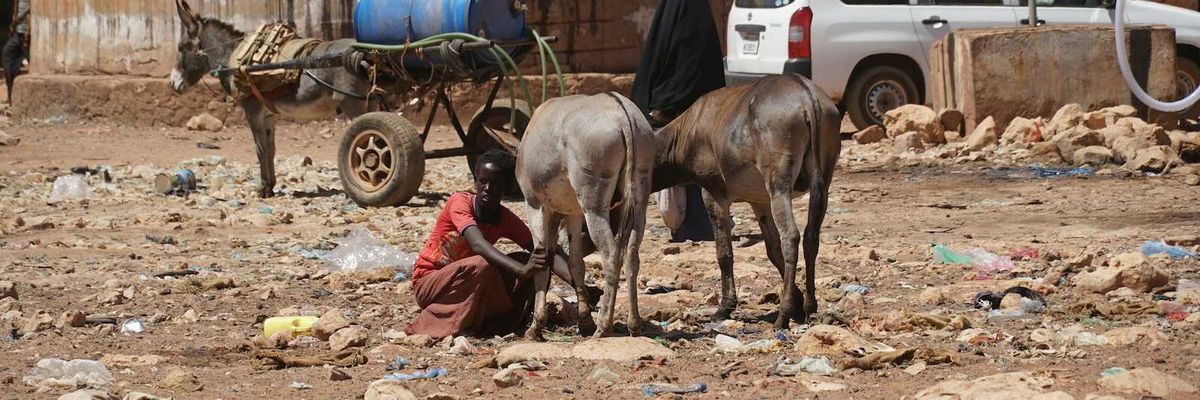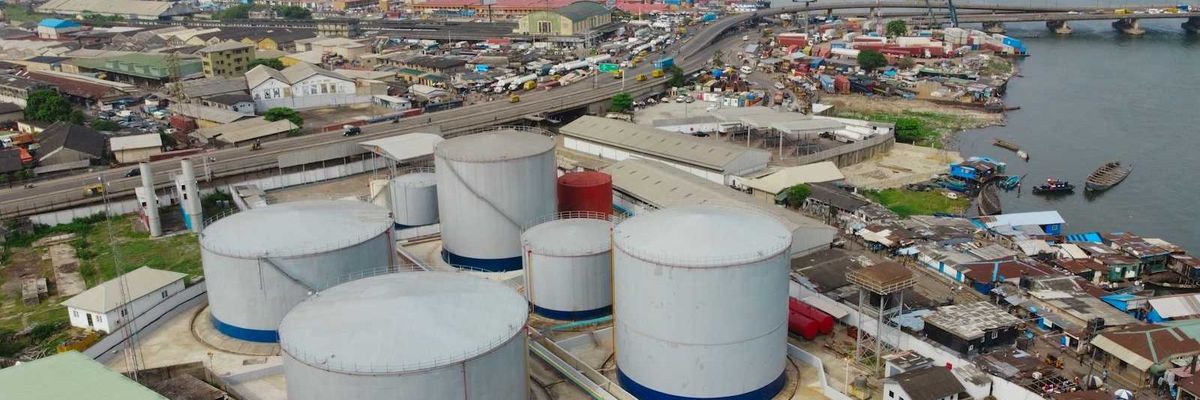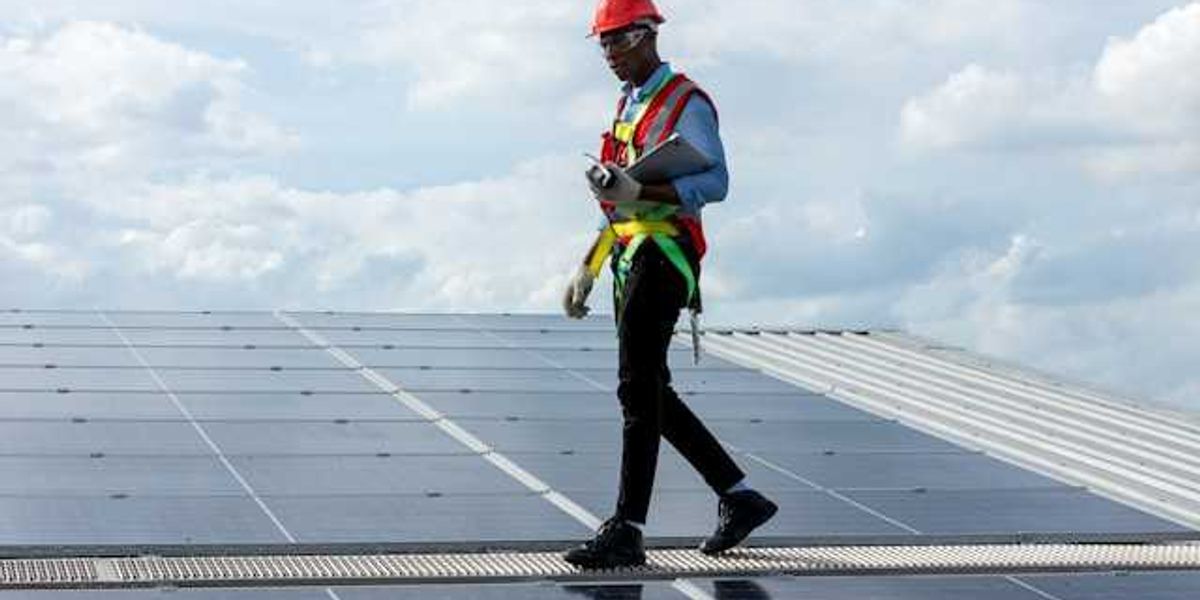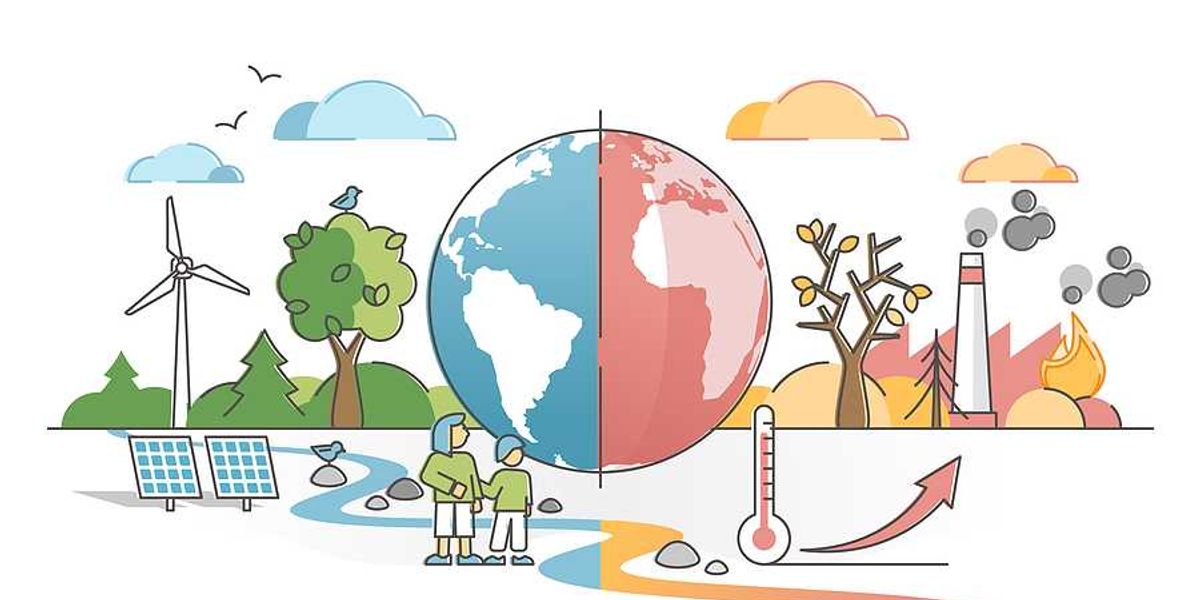health
Nicholas Kristof: Climate change’s overlooked impacts on daily life
Rising global temperatures are quietly affecting human health, education, and behavior, not just fueling apocalyptic scenarios.
In short:
- Extreme heat is linked to more accidents, suicides, and violent crimes, as well as worse academic performance.
- Wildfires, exacerbated by climate change, are causing widespread air pollution, leading to thousands of premature deaths yearly.
- Rising temperatures disproportionately affect disadvantaged groups, worsening inequality in education and health.
Key quote:
“The familiar climate catastrophe framing may be missing some of the most important features of the real climate change story.”
— R. Jisung Park, economist at the University of Pennsylvania
Why this matters:
Climate change’s incremental effects are already taking a toll on human well-being. Focusing solely on catastrophic outcomes risks overlooking the current, tangible harm caused by even modest warming, especially among vulnerable populations.
California music festival linked to rise in fungal infections
At least 19 people have contracted valley fever, a fungal infection that can sometimes be fatal, after attending a music festival in Southern California this past May.
In short:
- Valley fever is caused by inhaling Coccidioides, a fungus found in soil in the US Southwest.
- Of the 19 confirmed cases from the festival, eight were hospitalized.
- California has seen a sharp rise in valley fever cases, fueled by climate change and soil disturbances.
Key quote:
“We’re preparing for another possible increase in valley fever cases in the coming months, and we want Californians to know the signs and symptoms to detect it early.”
— Dr. Tomás Aragón, state public health officer
Why this matters:
Valley fever poses a growing health risk as climate change makes areas in the US Southwest more favorable for the fungus. Public awareness is key to early detection and treatment, especially as the number of infections continues to rise.
Phoenix endures unprecedented 100 consecutive days of 100-degree heat
Phoenix hit 100 degrees for the 100th straight day, shattering the previous record of 76 days in 1993 and highlighting the intensifying heat in the Southwest.
Ian Livingston, Erin Patrick O'Connor, and Naema Ahmed report for The Washington Post.
In short:
- Phoenix set a new record of 100 consecutive days over 100 degrees, surpassing the previous streak by over three weeks.
- Vulnerable groups, including outdoor workers and the unhoused, are at greater risk, with heat-related deaths on the rise.
- The city's average summer temperature has risen 8-9 degrees since the late 1800s, driven by greenhouse gas emissions and urbanization.
Key quote:
“I’ve been homeless for 10 years. I can’t do another summer out here. No way.”
— Ron Wishon, Phoenix homeless resident
Why this matters:
This extreme heat threatens public health, especially for those without adequate shelter. As urbanization and climate change intensify, cities like Phoenix could face even hotter, more dangerous summers.
Related EHN coverage:
Wildfire smoke is now linked to worsening eczema symptoms
Researchers have found that exposure to wildfire smoke can worsen eczema, adding to growing evidence of how air pollution harms skin health.
In short:
- A study led by Dr. Raj Fadadu and Dr. Maria Wei revealed a link between wildfire smoke and eczema, a common skin condition.
- Even short-term exposure to polluted air can aggravate symptoms like itchiness and dryness in people with eczema.
- As wildfires increase due to climate change, these findings suggest worsening skin health impacts.
Key quote:
"I feel like as climate change has progressed throughout my youth and adulthood, I'm seeing how a lot of the damage is done to the environment or harming human health — and one of the ways that's happening is through the generation of air pollution."
— Raj Fadadu, dermatologist at the University of San Francisco
Why this matters:
As wildfires grow more frequent, more people may suffer from aggravated skin conditions like eczema. Understanding these effects could lead to better treatment and policy responses.
Related EHN coverage:
Record-breaking heat scorches Japan and China this summer
Japan experienced its hottest summer on record, while parts of China logged their warmest August ever, as both nations faced extreme heatwaves driven by climate change.
In short:
- Japan recorded its highest average summer temperature since records began in 1898, with more than 8,800 instances of extreme heat.
- China's August temperatures were the highest ever recorded in several regions, leading to school delays and extended holidays in some provinces.
- Climate scientists warn that 2024 may become the hottest year ever recorded due to ongoing global warming.
Why this matters:
The persistent and intensifying heatwaves in Asia highlight the growing impact of climate change, stressing the need for urgent action to mitigate its effects and protect vulnerable populations.
Related coverage:
Florida cities struggle with climate change as state policy stalls
Florida’s hottest climate and aging population are facing increasing heat-related health risks, but state policy shaped by Governor Ron DeSantis resists comprehensive action.
In short:
- Florida, the hottest state in the U.S., has no statewide plan to address heat-related health risks linked to climate change.
- Local governments and nonprofits are stepping in to fill the gaps left by state policy, though they lack sufficient resources.
- Governor DeSantis has blocked measures that address climate change, focusing instead on limited efforts to manage sea level rise.
Key quote:
“We must adapt to the warming climate, but the decisions we make right now, not addressing the root cause of the problem, is really unacceptable. You cannot adapt your way out of climate change.”
— Susan Glickman, vice president of policy and partnerships at the CLEO Institute
Why this matters:
Florida’s vulnerability to climate change endangers public health, especially for its older population. Without comprehensive state action, these risks will likely worsen, leaving local efforts insufficient to meet growing challenges.
Read more:
Isolated people face higher risks during extreme heatwaves
People living alone are at greater risk of death during extreme heatwaves, with cities now developing programs to protect these vulnerable individuals.
In short:
- Social isolation increases the danger of heat-related deaths, especially among the elderly, poor and those without air conditioning.
- Cities like New York and Philadelphia have launched community-based programs to check on vulnerable residents during heatwaves.
- Experts urge more systemic changes, including better investment in public spaces and addressing urban poverty.
Key quote:
“You have to bring the resources to them, to the community, where people know you and you already have that trust.”
— Pastor Brenda of Allen AME Church, Baltimore
Why this matters:
As heatwaves become more common, socially isolated people face a growing risk of death. Strengthening community ties and improving public infrastructure could save lives.









